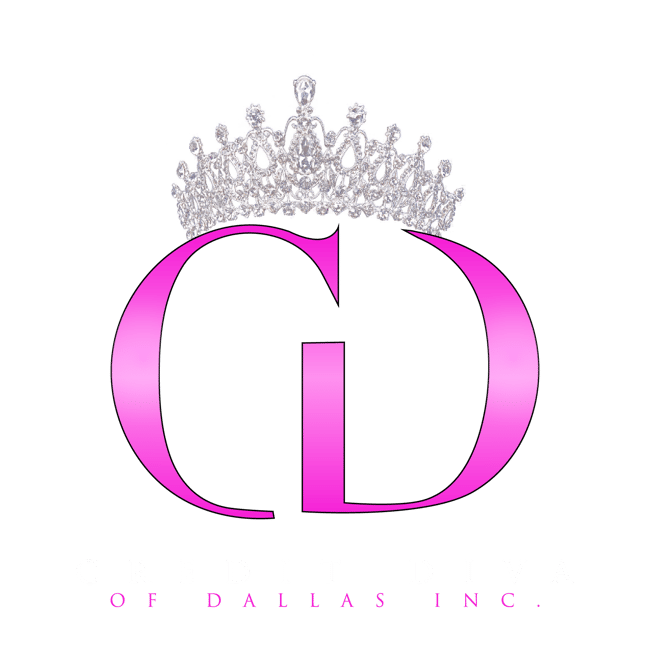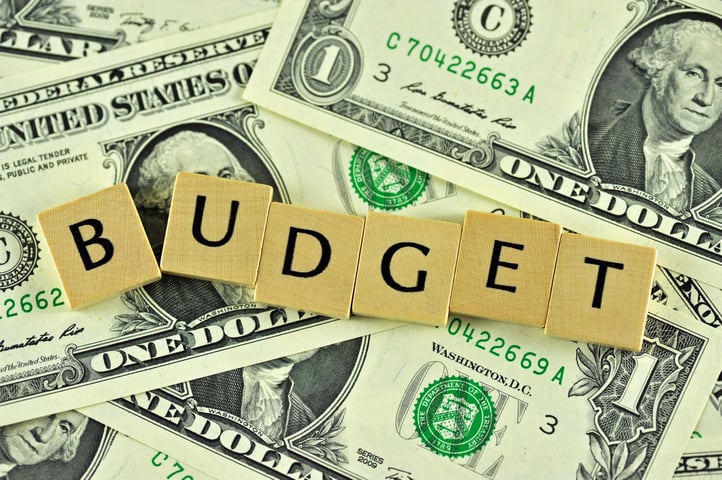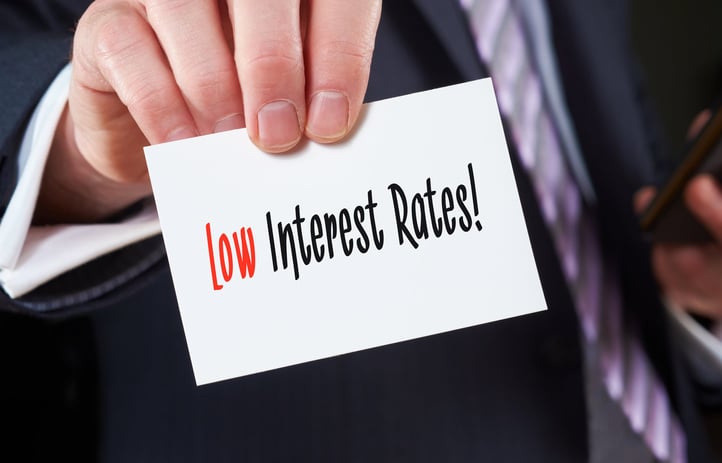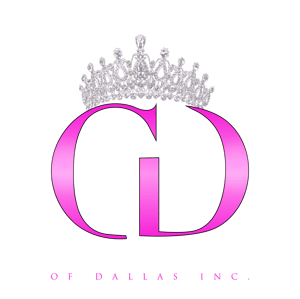Having a plethora of credit cards is part of a robust financial portfolio, but sometimes you may need to cancel a credit card.
- You may have questions as to what the proper protocol is and how to go about doing it.
- You may even question whether you should cancel a credit card at all or just leave it alone.
- You may even be wondering, 'Will canceling a credit card fix my credit?'
As your Diva, we're going to dive into the details today on canceling credit cards to clear up a topic that's been the subject of misinformation for too long!
 Reasons You May Want to Cancel a Credit Card
Reasons You May Want to Cancel a Credit Card
If your credit card is lost or stolen, then you need to take action right away by calling the company that issues your card. The credit lending institution will determine which step to take next.
If you think you’ve just misplaced the card, they may temporarily suspend all action. However, if you suspect that the card is lost for good, then they will move to deactivate your card, so no one can access it and run up the charges. Furthermore, they can check your card for suspected fraud during the call. You can dispute any charges that look fraudulent.
There are other reasons you may want to cancel your card, such as:
- You are no longer using it
- The interest rates have risen too high
- You have too many cards open and want to reduce this number
- The promo you were offered when you opened the card is over, and you want to offload.
Whatever the reasons you might have for wanting to cancel the card, it’s crucial to consider if (and how) it will impact your credit score.
'Will Canceling a Credit Card Fix My Credit?'
You may assume that canceling a credit card will positively affect your credit because you’re getting rid of access to a potential debt. Maybe you view it as reducing your ability to spend money and run up more debt. However, lenders and credit card companies don’t view it the same way. By canceling a credit card, you affect your credit utilization rate—and, potentially, your score. How does this work? First, let’s look at how the credit utilization rate is formulated.
The formula is found by adding up the total amount of credit you have available on all your cards and dividing it by how much you’re using. For example, if you have access to $100,000 on your credit cards and you are in debt $30,000, then your credit utilization rate would be 30 percent. You are using 30 percent of the available credit you have.
So, you can see that by closing one of your accounts, you will be lowering your total number, which, in turn, may make your utilization rate higher. Does this matter? It may matter if you are trying to buy a home or other large purchase. Lenders like to see a credit utilization rate of about 30 percent or less.

However, if you do decide to keep an old card you’re not using, you will have to watch it for fraud. This can be time-consuming and bothersome for some people who aren’t worried about the credit utilization rate or aren’t in the market to buy a home. Plus, fraud can certainly hurt your credit!
The Process of Canceling a Credit Card
If you do decide that canceling your credit card is the best route to take, then you need to ensure there isn’t any balance remaining on the card. You want to have that paid off before you proceed forward.
Once the card is at a zero balance, you will need to contact the credit card company by phone or mail. The credit card company may try to convince you not to cancel your card by offering you a promotion, but you can do what you think is best for your situation. Never get bullied into a card you don't want!
While you’re in the process of managing your credit card closure, you may discover some existing issues that are harming your credit. When this happens, reach out to your dedicated Divas at Credit Diva of Dallas! We're here to help you navigate and overcome the complexities of credit so that you can build a secure financial future.






